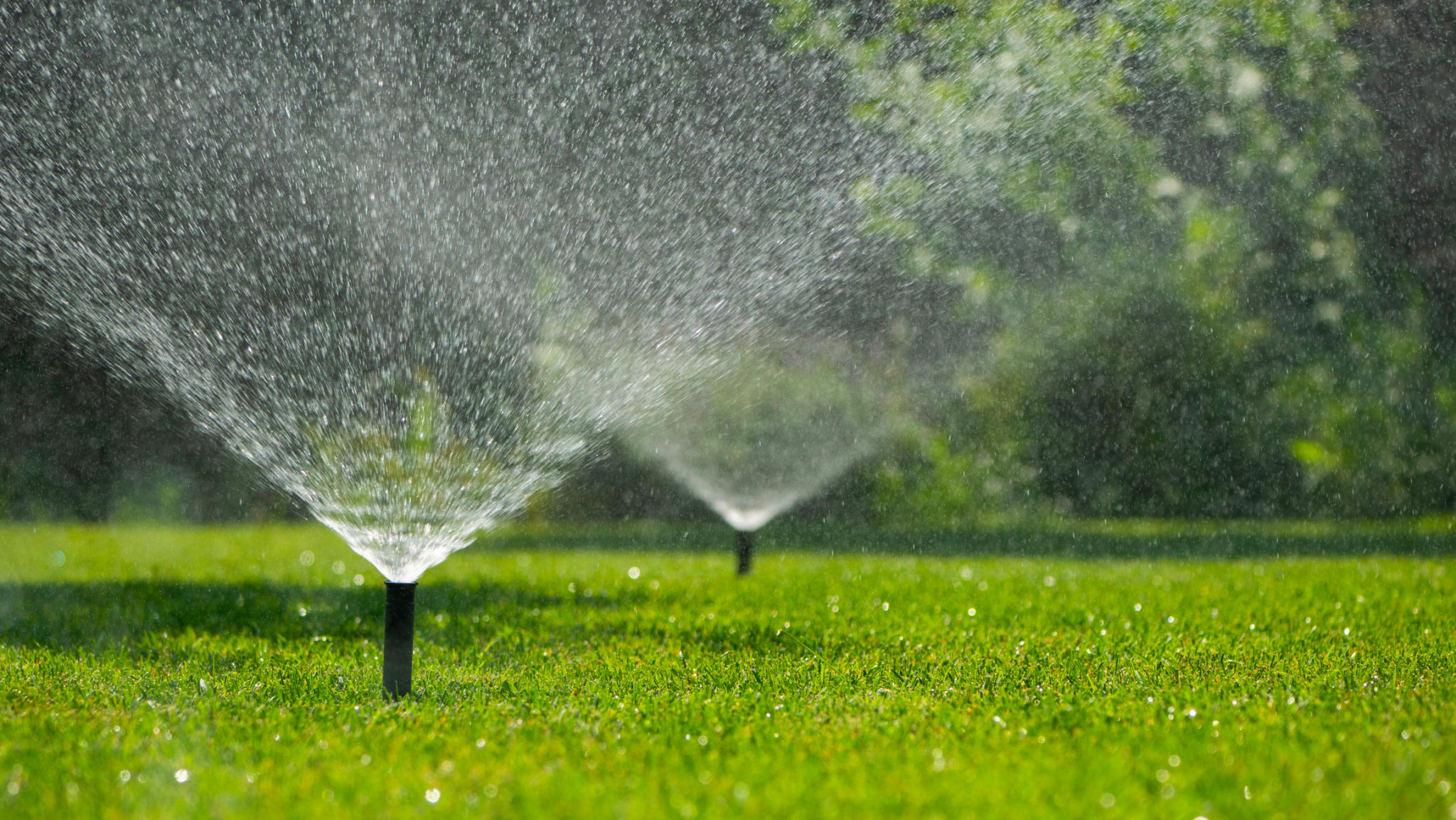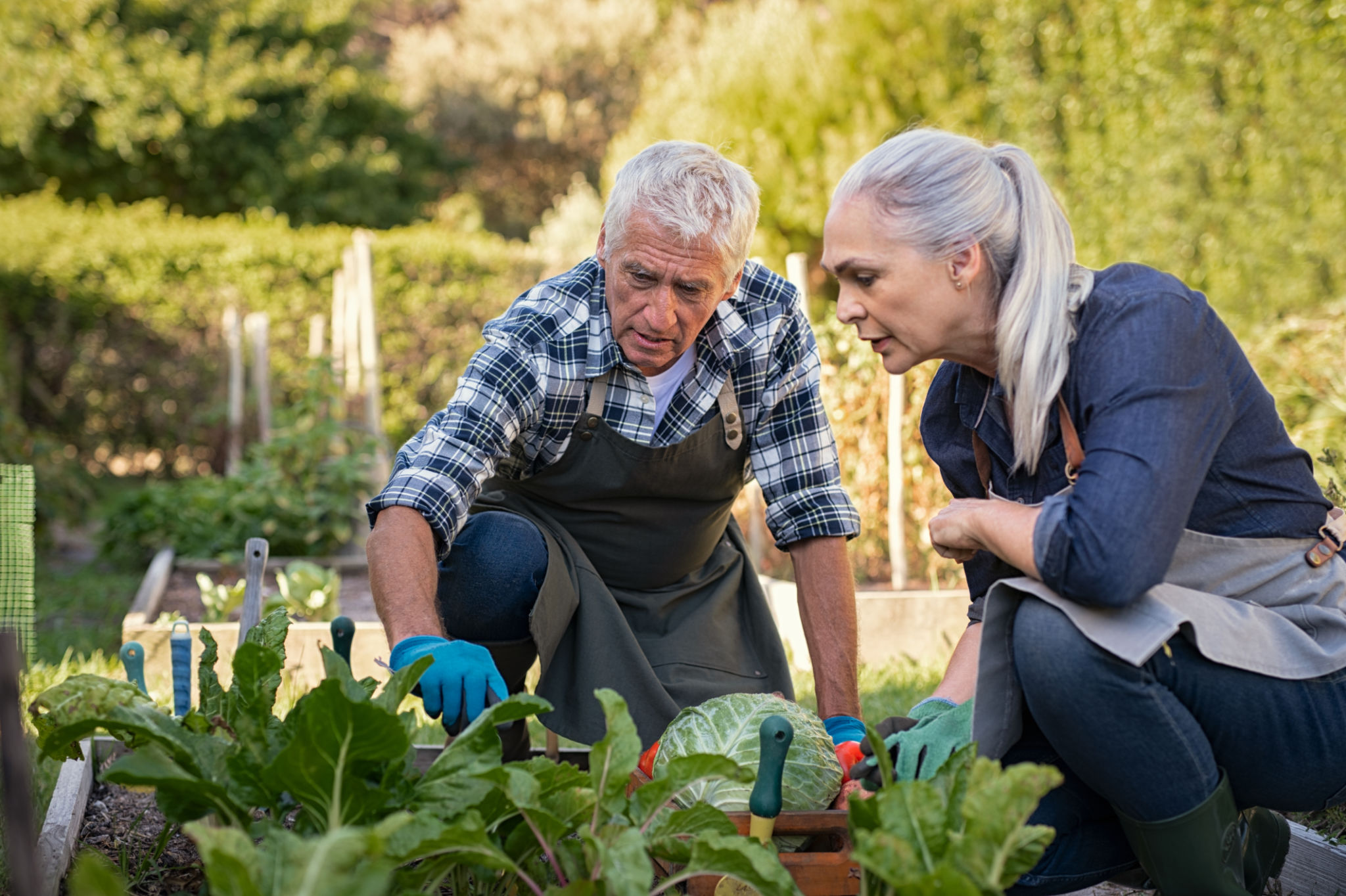DIY Farming Techniques: Boosting Crop Yields in Johannesburg
Introduction to DIY Farming in Johannesburg
Johannesburg, with its unique climate and soil conditions, offers a great opportunity for aspiring farmers to engage in DIY farming. By adopting effective techniques, both beginners and experienced farmers can significantly boost their crop yields. This guide explores practical methods to enhance agricultural productivity in this vibrant city.

Understanding the Local Climate
Before diving into farming, it is crucial to understand the local climate. Johannesburg experiences a subtropical highland climate, with warm summers and mild winters. The city receives most of its rainfall during the summer months, which can be both a blessing and a challenge for crop cultivation.
Farmers should consider planting crops that are well-suited to these conditions. Drought-resistant varieties and those that can thrive in cooler temperatures are ideal choices. Additionally, utilizing rainwater harvesting techniques can help manage water supply efficiently during dry spells.
Soil Preparation Techniques
Proper soil preparation is essential for any successful farming venture. In Johannesburg, the soil can vary from sandy to clayey, so it's important to test the soil's properties before planting. Conducting a soil test will help determine the pH level and nutrient content, guiding you on necessary amendments.
Once you know your soil's needs, consider incorporating organic matter such as compost or manure to improve fertility and structure. This not only enhances water retention but also provides essential nutrients for your crops.

Implementing Crop Rotation
Crop rotation is a time-tested technique that helps maintain soil health and reduces pest and disease buildup. By systematically alternating crops in different areas of your farm, you can disrupt pest cycles and prevent nutrient depletion.
For example, follow a legume crop with a cereal crop to benefit from the nitrogen-fixing properties of legumes. This practice can lead to healthier plants and higher yields over time.
Efficient Irrigation Practices
Water management is crucial in a city where rainfall can be unpredictable. Implementing efficient irrigation systems, such as drip irrigation, can help conserve water while ensuring your crops receive the moisture they need. Drip irrigation delivers water directly to the plant roots, minimizing evaporation and runoff.

Pest and Disease Management
Without proper management, pests and diseases can severely impact your crop yields. Adopting integrated pest management (IPM) strategies can help minimize these threats. IPM combines biological control, cultural practices, and chemical interventions to manage pest populations effectively.
Regular monitoring of your crops for signs of disease or pest infestation is vital. Early detection allows for timely intervention, preventing widespread damage.
Utilizing Companion Planting
Companion planting is an effective way to naturally deter pests and enhance crop growth. By strategically placing certain plants together, you can create a symbiotic environment that promotes health and productivity.
- Marigolds: These flowers repel nematodes and other harmful insects.
- Basil: Planting basil near tomatoes can improve growth and flavor while deterring pests.
- Beans: These legumes fix nitrogen in the soil, benefiting neighboring plants.

Conclusion: Embracing Sustainable Practices
DIY farming in Johannesburg offers an opportunity to embrace sustainable agricultural practices while boosting crop yields. By understanding local conditions and implementing techniques such as crop rotation, efficient irrigation, and companion planting, farmers can achieve significant success.
With commitment and creativity, Johannesburg's urban farmers can contribute to food security and sustainability while enjoying the fruits of their labor.